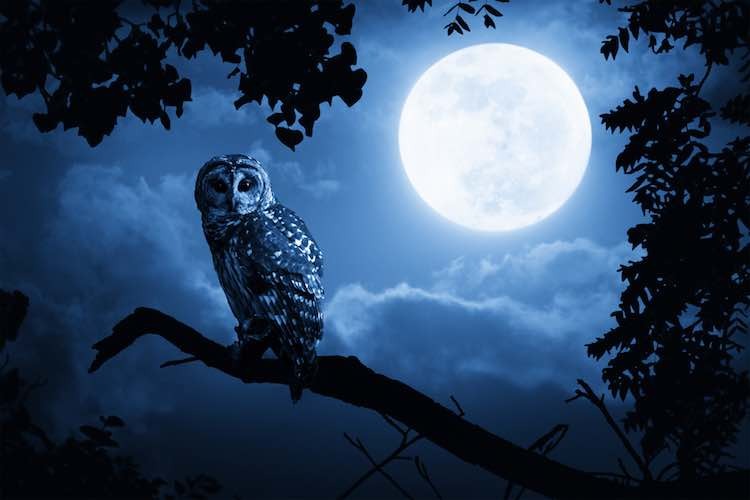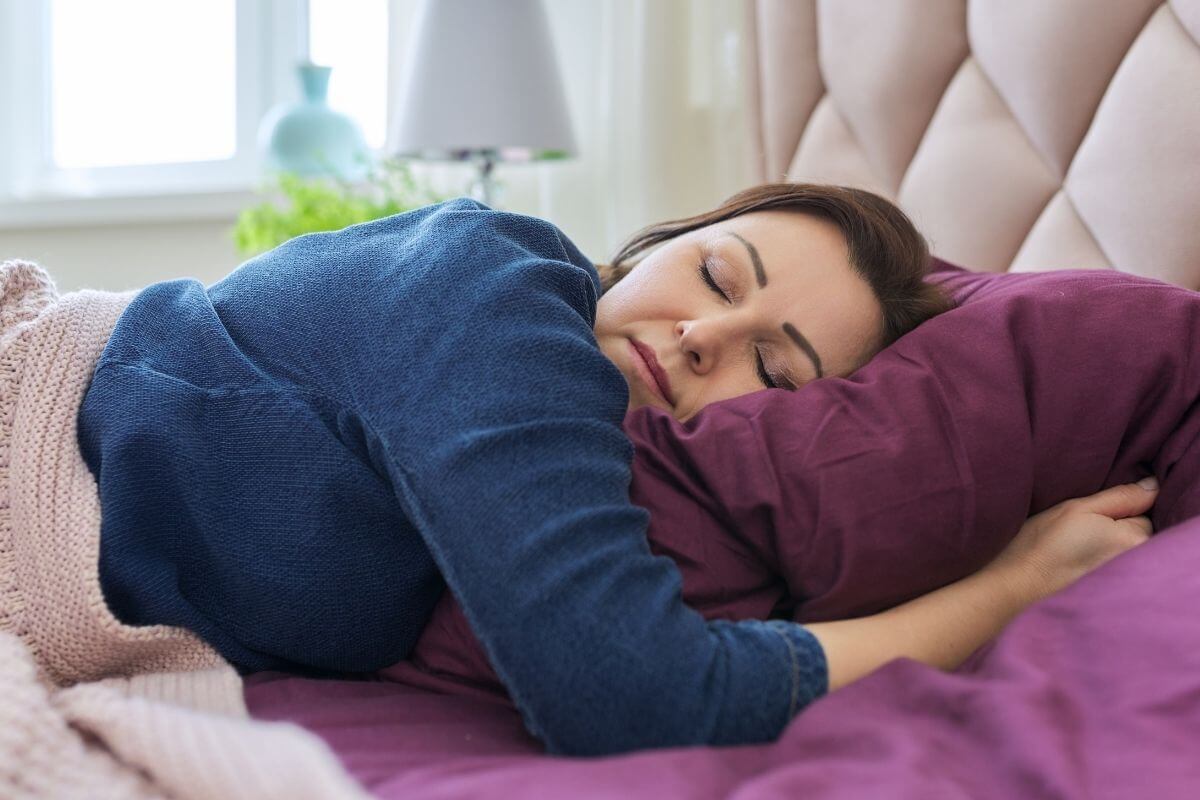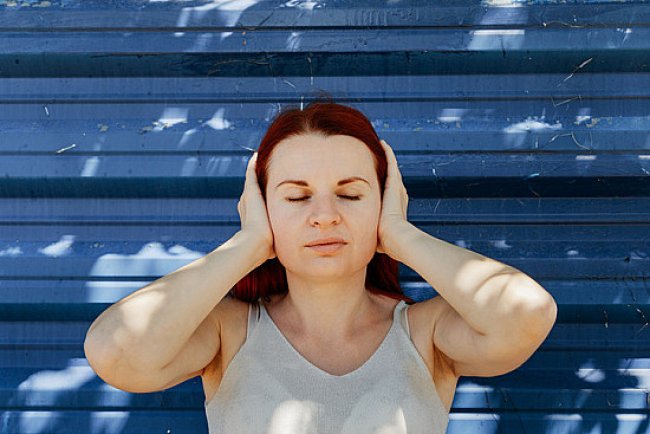What Your Body Clock Indicates About Your Activity Levels: Early Birds vs. Night Owls
The adage "the early bird catches the worm" is one that we have all heard. It has been used to support the idea that early risers are inherently driven, disciplined, and productive.

You do not have to lead a sedentary existence if you are more of a night owl; you might just need a different strategy to succeed in a society that tends to favor morning people.
What is the actual scientific consensus regarding your internal clock and movement patterns? Let us dissect it.
Even if you are not aware of it, your body clock is controlling everything.

Your sleep-wake cycle is more than simply a habit; it is a biologically determined pattern, regardless of whether you are an early riser or someone who gets their second wind right before the sun sets. This internal clock, which controls more than just when you sleep, is called your circadian rhythm. It affects hormone levels, mood, appetite, and, according to recent studies, the amount of physical activity you engage in each day.
Internal time, often known as a chronotype, varies slightly from person to person. Some folks wake up early by nature. When the rest of the world is winding down, others feel most vibrant. However, this is physiology, not just preference.
According to a recent study, night owls tend to move less, but you might be surprised by why.
A recent study that used wrist-based activity monitors to monitor over 5,000 participants for two weeks was published in the Scandinavian Journal of Medicine and Science in Sports. Using a scientifically established questionnaire, researchers divided participants into early risers and night owls, then compared how much activity each group exhibited.
The outcome? Even after controlling for variables like education and underlying medical issues, night owls maintained an activity level that was up to 60 to 90 minutes lower than that of their earlyrisen counterparts.
The catch is that the study did not claim that night owls are less active. It just showed a connection. What, then, may be causing the difference?
Night Owls Were Not Designed for the Modern World

There is a straightforward theory: the world functions according to an early-bird schedule.
Many night owls must get out of bed hours before their internal clocks are ready, which leaves them feeling groggy, confused, and under-slumber. The persistent "social jet lag" makes it more difficult to muster the energy for a morning workout or even moderate daily activity.
Night owls have even fewer opportunities to move their bodies in a meaningful way when they combine this with a busy job or family obligations. Additionally, by the time they reach their optimum energy level, which is frequently in the evening, gyms may have closed, their drive for the day may have faded, or they may simply be too exhausted after battling their natural rhythm all day.
Night owls might put getting more sleep on the weekends ahead of going on a long walk or trek. Not to mention the impact that being chronically out of sync with your circadian rhythm can have on your emotions, mental health, and sleep quality.
Are Night Owls Able to Keep Up? Indeed And Here's How

The good news? Your behaviors are not encoded in your genes, but your chronotype is. Over time, even minor adjustments to your daily activity regimen can have a significant impact, particularly if you work with your body clock rather than against it.
For night owls who would like to move more, here are some practical suggestions:
Embrace your innate rhythm. Schedule your walks, workouts, or movement breaks for the evening if you are lethargic in the morning but energized at sunset. Make use of your golden window.
Plan your activities carefully. After dinner, even 15 minutes of yoga, stretching, or dancing can be more beneficial than making yourself do a dreaded 6 a.m. jog.
Keep your sleep safe. A more active body is one that has received better sleep. Make getting regular, good-quality sleep a priority. Even on the weekends, try to get your sleep at the same time every night.
Dispel the myth around the movement. To be "active," you do not have to spend an hour at the gym. Household tasks, strolling phone conversations, and five-minute dance breaks all count.
The Bottom Line: Not Everyone Needs to Move in the Morning
It is true that early risers tend to walk more, but it does not mean night owls will have less active lives. You can create a movement regimen that works for you rather than the other way around by being aware of your own internal time.
Your body thrives on consistency, deliberate rest, and periods of motion whenever they happen to land on the clock regardless of whether you are a morning bloomer or a night owl.
Thus, avoid fighting your biology. Make use of it. Your body will appreciate it.
What's Your Reaction?




















